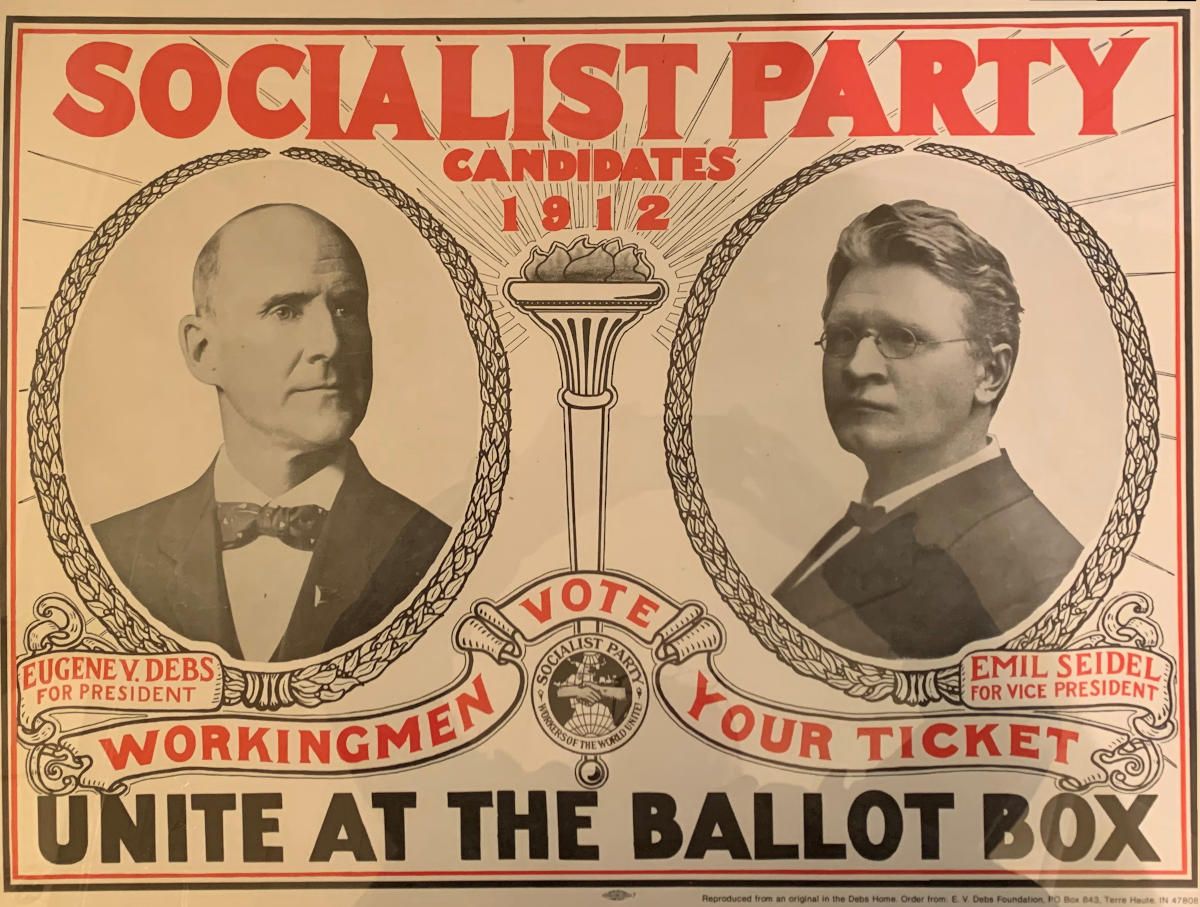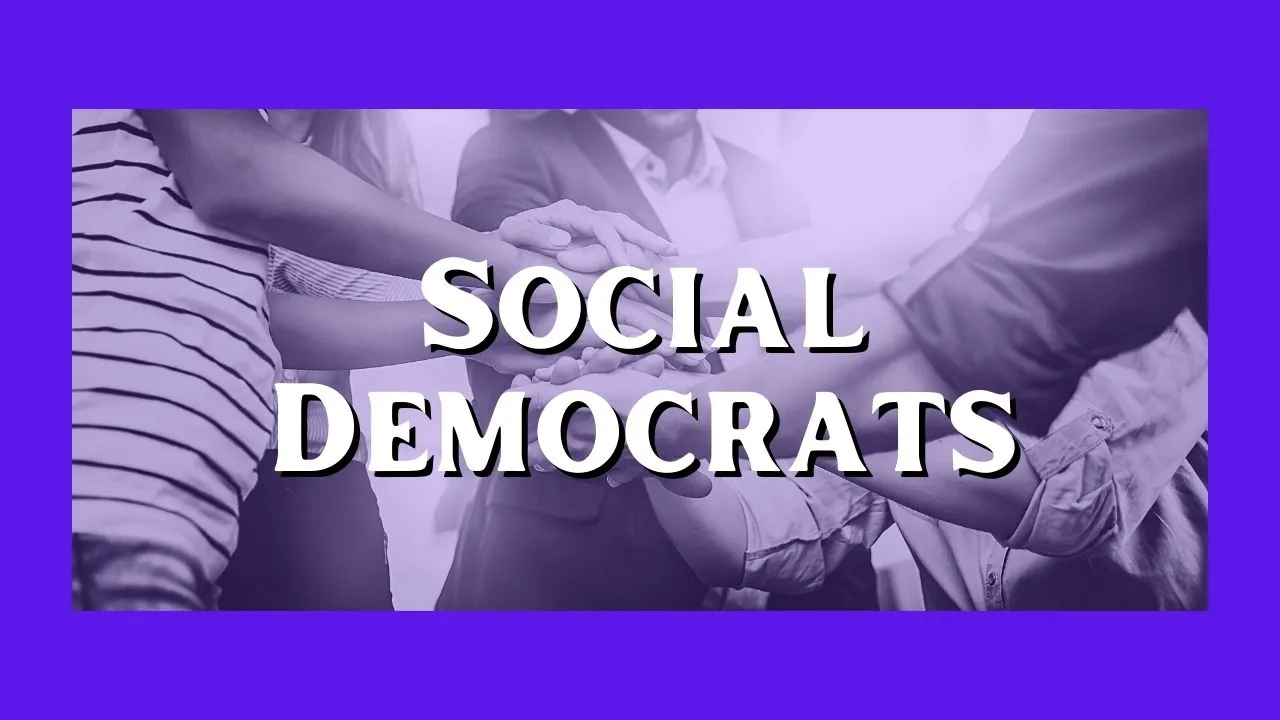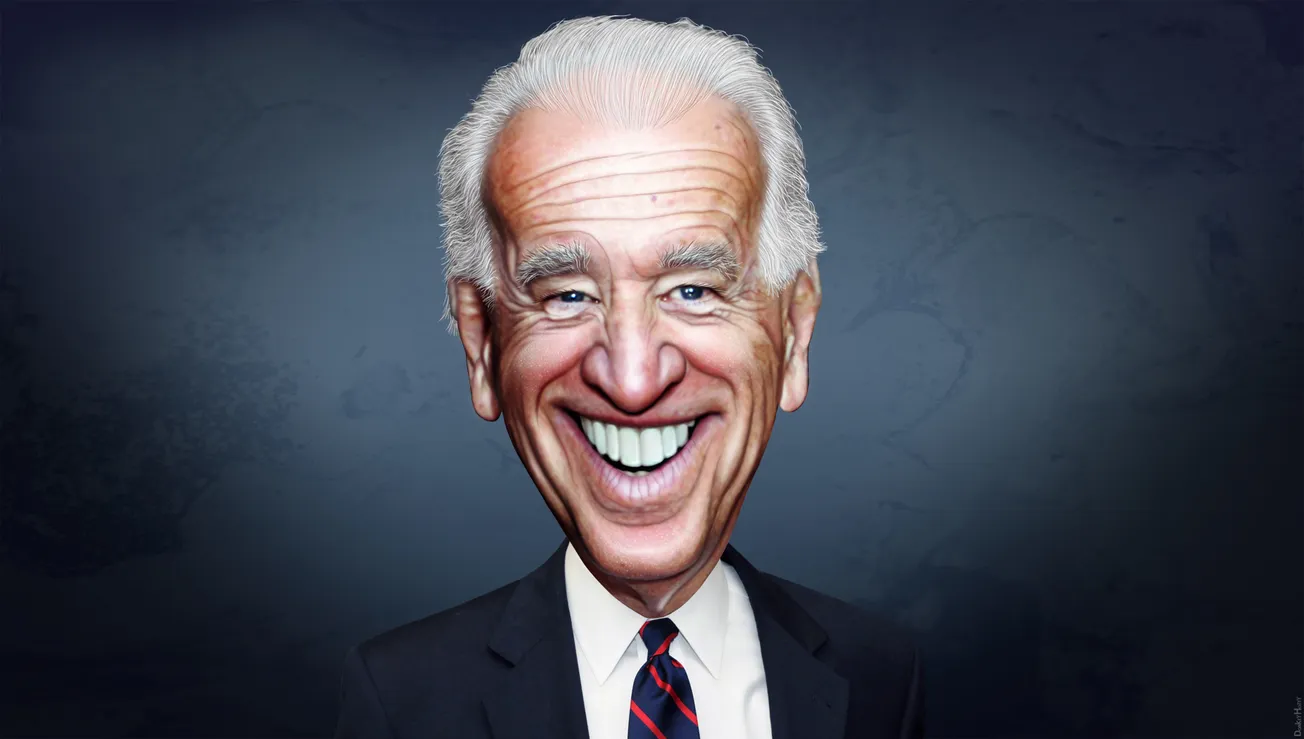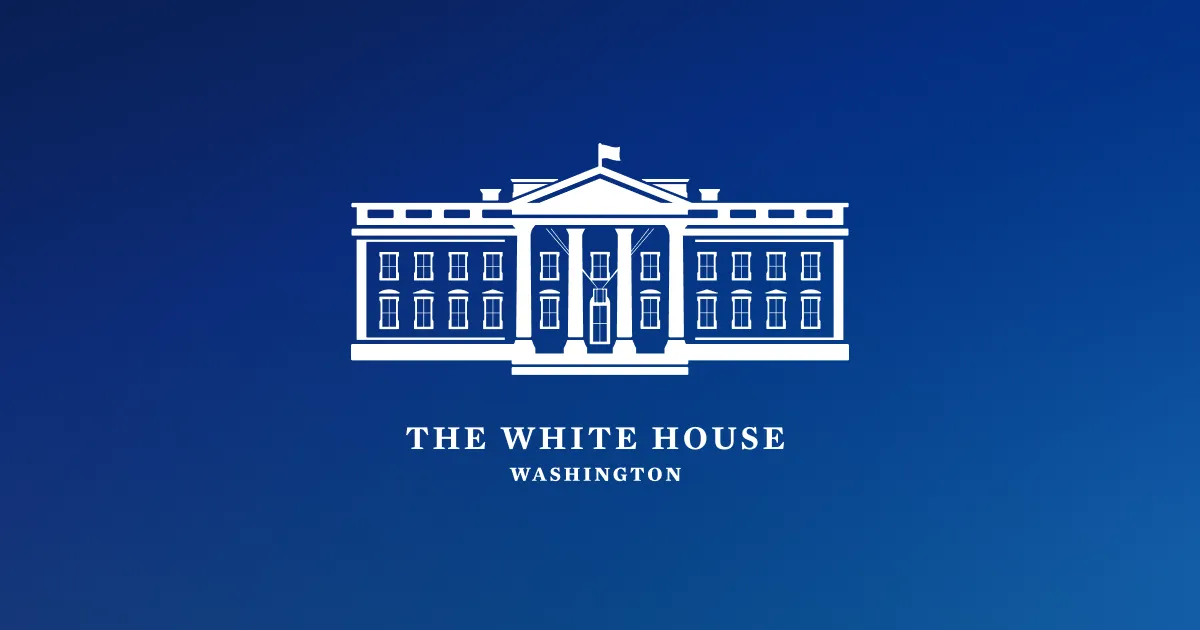Republicans keep dissing Democrats as socialists. Democrats keep denying it.
The Democratic party isn't socialist. It's a capitalist party, moderate-to-liberal by American political standards, centrist when compared to other parties in other democracies.
The Kentucky Democratic party is hardly the leader of the liberal pack among U.S. state parties. Beyond urban Louisville and Lexington, a lot of rural Bluegrass State Democrats lean conservative, especially on so-called social issues like guns and abortion.
Genuine socialists are proud to call themselves socialist.
Of course, real McCoy socialists are rare in the U.S., especially around my old western Kentucky home. But Democratic Socialist parties — also called Social Democratic or Labor parties — are common in every other industrial democracy – including our NATO allies.
And when Republicans try to pin the socialist tail on the Democratic donkey, they only show how far right-wing they are. In every other democracy, the Trumpian GOP would be a far-right, theocratic, white supremacist fringe party.
In every other democracy, the Trumpian GOP would be a far-right, theocratic, white supremacist fringe party.
The U.S. is the only democracy that doesn’t have a mainstream socialist party. We don’t have one because long ago, especially during the anti-communist hysteria that followed World War I and II, Republican and Democratic powers-that-be convinced most Americans that socialism and repressive, Soviet-style, authoritarian communism are the same thing.
They’re not – not by a long shot. Most importantly, socialists favor reform via the ballot, not the bullet.
Also, most members of socialist, social democratic, and labor parties in democratic countries favor mixed economies: economies with significant private sectors, but with meaningful government regulations that strongly protect workers' rights to unionize and that safeguard consumers and the environment from the greedy excesses inherent in unrestrained capitalism.
Not only are socialists committed to the democratic process, they’re also staunch supporters of individual liberties such as free speech, minority, women's, civil and LGBT rights, plus a free press and freedom of (and from) religion.
The Socialist Party in America
Probably a lot of Americans don’t know it, but we had a significant Socialist Party in the late 19th and early 20th centuries. Voters elected more than 1,000 Socialists to public office in the first two decades of the 20th century, according to the University of Washington.
Two Socialists served in Congress; dozens were state legislators and more than 130 Socialists were elected mayors. In addition, voters put 353 Socialists on city and town boards, including Leonard Bauer, who won a race for city commissioner in Newport, opposite Cincinnati, in 1911.
More than a few Socialists tagged themselves “Christian Socialists,” a label sure to give most conservative white evangelicals the vapors. A big chunk of Republican base voters, especially in Bible Belt states like Kentucky, seem to think “GOP” stands for “God’s Own Party.”

And in 1911, there was a big Christian Socialist rally right here in Kentucky, in my native Graves County.
Rally-goers were all in for Eugene V. Debs, the old Socialist Party leader, five-time presidential candidate (between 1900 and 1920) and labor activist who founded the American Railway Union. Debs, who was imprisoned for opposing World War I as a conflict gotten up by the rich and powerful and fought by the poor and powerless who had no real stake in the outcome, said socialism was “merely Christianity in action” because “it recognizes the equality in men.” He declared, “I am for Socialism because I am for humanity," adding, “We have been cursed with the reign of gold long enough.”
Debs’s best showing at the ballot box was 1912 when he received more than 901,500 votes, including 11,647 in Kentucky, according to Presidential Politics in Kentucky 1824-1948 by Jasper B. Shannon and Ruth McQuown.
What did those Socialists actually stand for?
What did Debs – and later Socialist Party leaders like Norman Thomas (who made a half-dozen presidential runs between 1928 and 1948) – mean by being “for humanity?” Well, they advocated for instance:
- The right of workers to organize unions and bargain collectively
- An end to child labor
- Equal pay for men and women who did the same job
- The eight-hour work day
- Minimum wage and maximum hour laws
- Public assistance for the poor
- Laws to protect worker safety and health
- Unemployment insurance
- Worker’s compensation
- Government-funded old age and disability pensions
- Universal health care
- An end to Jim Crow segregation and race discrimination
- The banning of capital punishment
- More direct democracy through the initiative, referendum, and recall
- Public ownership of railroads, telephone, and telegraph systems, and public utilities for the good of all, not for the enrichment of a few
- An income tax based on the idea that the more money you make you make, the more money you should pay
- Direct election of the president, vice president, and U.S. senators
- Conservation of natural resources
Said Debs:
“Of course, Socialism is violently denounced by the capitalist press and by all the brood of subsidized contributors to magazine literature, but this only confirms the view that the advance of Socialism is very properly recognized by the capitalist class as the one cloud upon the horizon which portends an end to the system in which they have waxed fat, insolent and despotic through the exploitation of their countless wage-working slaves.”
Growing up in the Presbyterian Church I was taught that I am supposed to be my brother’s (and sister’s) keeper. Such was the essence of socialism, according to Debs, whose party included many men and women whose socialism was inspired by their Christian and Jewish faiths. (Thomas was an ordained Presbyterian minister.)
Explained Debs:
“Now my friends, I am opposed to the system of society in which we live today, not because I lack the natural equipment to do for myself but because I am not satisfied to make myself comfortable knowing that there are thousands of my fellow men who suffer for the barest necessities of life. We were taught under the old ethic that man’s business on this earth was to look out for himself. That was the ethic of the jungle; the ethic of the wild beast. Take care of yourself, no matter what may become of your fellow man. Thousands of years ago the question was asked: ‘Am I my brother’s keeper?’ That question has never yet been answered in a way that is satisfactory to civilized society.
“Yes, I am my brother’s keeper. I am under a moral obligation to him that is inspired, not by any maudlin sentimentality but by the higher duty I owe myself.”
I’ll add a Presbyterian “amen” to that.
Though I’m a union card-carrying capital “D” Democrat who's voted the straight Democratic ticket in every election since my first one in 1968, I don't consider "socialist" a slam. Go ahead and call me "un-American" and "unpatriotic" or "un-Christian," too. But remember what Debs also said:
"In every age it has been the tyrant, the oppressor, and the expoiter who has wrapped himself in the cloak of patriotism, or religion, or both to deceive and overawe the People." – Eugene Debs
Amen, Mr. Debs – amen.
--30--








